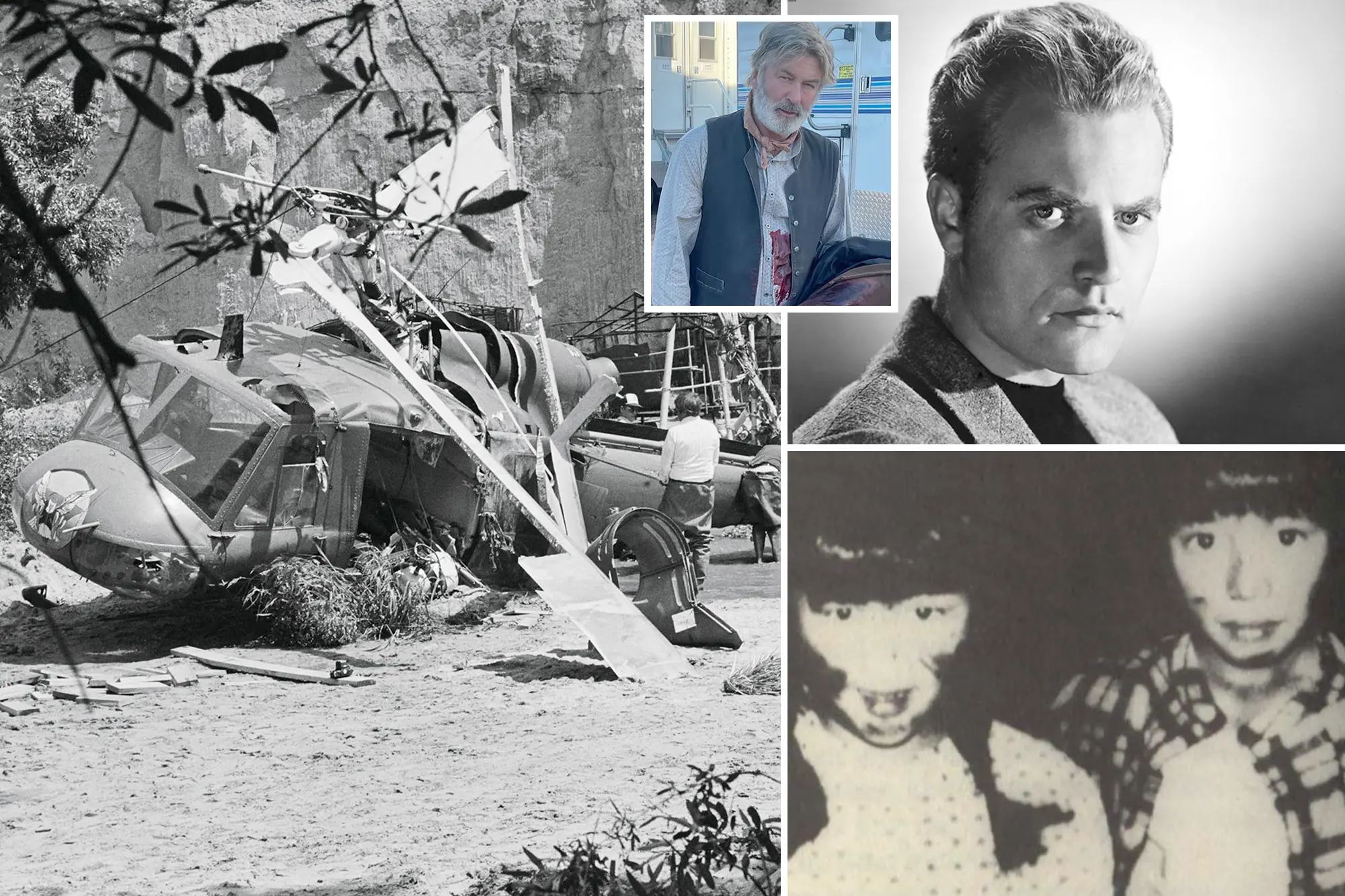By: Jy Hung Ong
The film “Twilight Zone: The Movie” might have been forgotten if not for a tragic incident while filming. Five of the movie’s filmmakers, including director John Landis, were indicted for their part in a scene that went disastrously wrong, killing three people.
At 2:20 am, Friday, June 23, 1982, the scene was shot. The actor, Vic Morrow, is seen running away from a military helicopter. He was supposed to carry two Vietnamese children across a river while a village exploded behind them. However, the scene was barely planned. Debris from the village’s explosion damaged the rotor blades of the helicopter, sending it crashing into the river, decapitating Vic and the two children. Their names were Myca Dinh Le, aged 7, and Renee Shin-Yi Chen, aged 6.
Investigation into the wreckage discovered that the children were not allowed to be on set. Child labor regulations made it illegal for children to be working at such a late hour.
Furthermore, no child-welfare worker would have allowed the children to be in such proximity to the helicopter or the bombs. So, Landis and another producer, George Folsey Jr., went around these regulations and cast the children, making sure to remove their names from the production’s paperwork and pay them in cash. A production secretary said that they recalled Landis joking about it, saying, “We’re all going to jail!”
On the set, Landis’ attitude carried over — he was described as a “screamer” and was known for his temper tantrums and use of invective language. Landis ignored crew members’ worries about the safety of the scene and, in an earlier scene, unsatisfied with fake gunfire, ordered the use of live ammunition.
Besides directing “Twilight Zone: The Movie”, Landis also directed Michael Jackson’s “Thriller” music video and the comedy “Trading Places”. The lead actor of “Trading Places”, Eddie Murphy, hired Landis to direct his film “Coming to America”. However, when asked if Murphy was going to hire Landis again, he said, “Vic Morrow has a better chance of working with Landis than I do.”
This experience is a reminder that everyone has a chance to speak up when filming a dangerous scene.
As Steven Spielberg said in a Los Angeles Times interview, “No movie is worth dying for. I think people are standing up much more now than ever before to producers and directors who ask too much. If something isn’t safe, it’s the right and responsibility of every actor or crew member to yell, ‘Cut!’”











